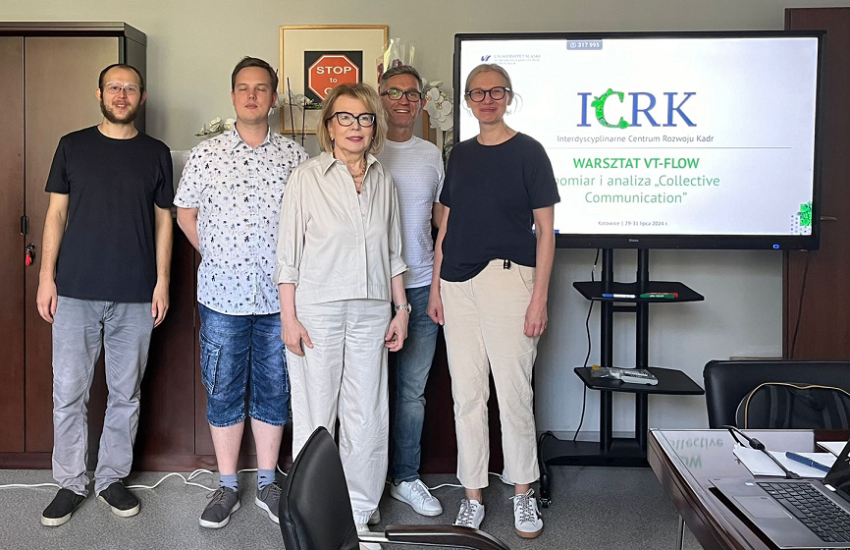In the following weeks, we want to present some examples of the competencies we measure in the competency measurement tools that you can check out on our website. Users of the tools and readers of the blog ask us how we do the measurement, what we take into account when measuring and how we created the indicators. Let’s take one of the competencies used in the competency profiles of our researcher competency measurement tools as an example. It will be assertiveness. First, let’s ask ourselves what assertiveness is. Thus, a person’s assertiveness is seen as the gentle, sincere and firm
...............









